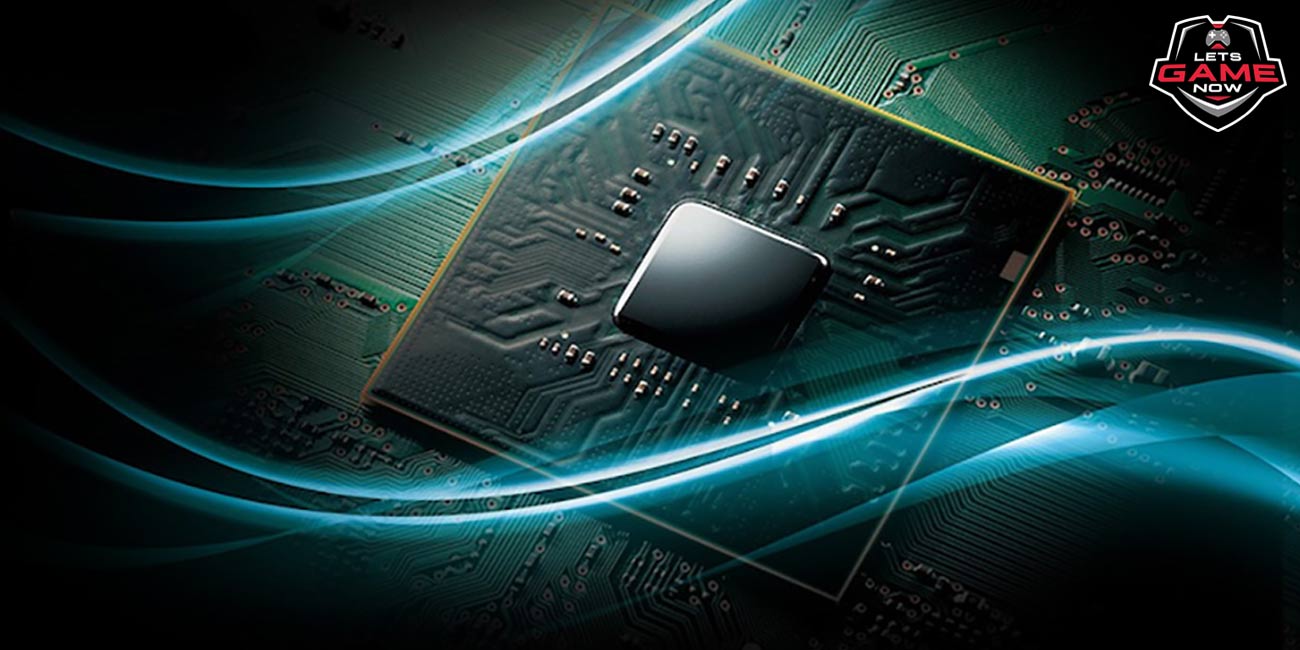


Sreyasha
Sep, 14.2022
It's been a year or so since the U.S. government proposed forming Chip 4 alliance consisting of USA, Japan, South Korea, and Taiwan in order to secure the global semiconductor supply chain, coordinate policies, subsidies, and joint research and development (R&D) projects. Even after a year of the announcement made regarding the initiative, the countries still could not agree on a preliminary meeting agenda. As per the reports of a newspaper, the potential partners have various concerns on the matter.
Japan, South Korea, and Taiwan governments have good bond with U.S., and companies from these countries work together with their partners from America. But South Korean companies like Samsung do not want to disclose their trade secrets with Taiwanese peers like Taiwan Semiconductor Manufacturing Co. (TSMC). In addition, South Korea also has some political issues with Japan and nobody wants to support the R&D efforts of U.S.-based Intel and Micron and everyone is only focused about China's response to the new coalition.
Companies from Japan give out tonnes of 3D NAND that are used in China and also high-purity raw materials are sold out to chip and LCD producers in South Korea and Taiwan. Japan is now striving hard to get back its semiconductor industry and thus the government attracted TSMC to the country and is building up an R&D Centre to prep scientists and engineers. It is still uncertain whether Kioxia would develop fundamental technologies with Samsung or SK Hynix since it will have to share specific know-how with its rivals.
In South Korea, Samsung Foundry is concerned that its technologies like materials or transistor designs could somehow be used by rivals TSMC or Intel. It can be seen that Samsung Memory and SK Hynix are not at all interested in boosting Japanese or Taiwanese computer memory industries with their research capabilities. They are in fact in a great competition with each other.
Taiwanese logic and memory chip producers are way more advanced than their rivals from mainland China (SMIC, Hua Hong, Yangtze Memory, etc.). In spite of that they procure plenty of raw materials from China and they would not be that happy if the Chip 4 alliance stops them from doing it on supply chain security grounds.
As of now, the biggest concern for everyone is China. On one hand, Japanese companies like Tokyo Electron and Nikon sell boatloads of tools that are used for chip production to China. Joining hands with U.S. to build up next-gen chip production technologies could affect their business as U.S. wants to put a limitation on the exports of leading chipmaking equipment to Tianxia. On the other hand, Samsung and SK Hynix have made a great advancement in terms of memory fabs in China. Their only concern is whether their potential next-gen process technologies that depend on jointly researched fundamental breakthroughs could be applied at these fabs.
On having a look at the global operations of the Memory, System LSI and Foundry business units, Kye Hyun Kyung (the head of Samsung Electronics Device Solutions Division) in an interview stated that for Chip 4 alliance the South Korean government should seek understanding firstly from China and then negotiate with U.S. He also added that they are not exploiting the US-China conflict but trying to find out a winning solution.
In general, it can be stated that at the time of making some ground rules for the supply chain, specific policies concerning investments, subsidies to manufacturers, and joint R&D projects may seem to be quite logical on paper but actual chipmakers may not be interested in the same way as the U.S. government. This is the ultimate conclusion as of now.